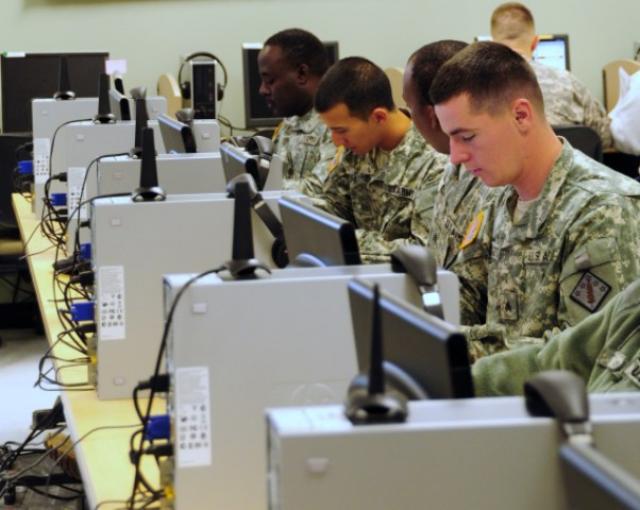The Missile Defense Agency, U.S. Navy and Lockheed Martin completed a key tracking exercise for the Aegis ballistic missile defense (BMD) system aboard three Navy ships.
In the test, known as Atlantic Trident, the USS Monterey (CG 61), USS Ramage (DDG 61) and USS Gonzalez (DDG 66) successfully tracked a short-range ballistic missile target. The Monterey and Ramage also simulated target solutions that would have resulted in successful intercepts.
“This event verified that both the Aegis BMD systems and crews aboard the ships are able to execute the missions necessary to support the nation’s missile defense strategy,” said Lisa Callahan, vice president of maritime BMD systems. “Aegis BMD is effective, affordable and interoperable with other systems and produces a layered air and missile defense capability to protect the U.S. homeland, our deployed forces and our allies.”
This was the first Aegis test to take place on the East coast. Before this event, all tests occurred at test ranges in the Pacific Ocean. The exercise took place off of Wallops Island, Va., at the Wallops Flight Facility, a rocket launch site that supports science and exploration missions for NASA and other U.S. government agencies.
A total of 25 ships – 21 U.S. Navy Aegis-equipped ships and four Japanese Aegis-equipped destroyers – are currently outfitted with the Aegis BMD capability. An additional three ships are planned to become BMD-capable this year.
Headquartered in Bethesda, Md., Lockheed Martin is a global security company that employs about 133,000 people worldwide and is principally engaged in the research, design, development, manufacture, integration and sustainment of advanced technology systems, products and services. The Corporation’s 2009 sales from continuing operations were $44 billion.










